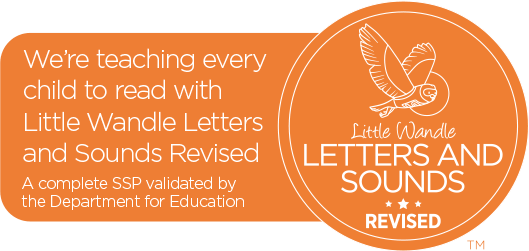Homework
Research shows that by the age of seven there is a 30% difference in attainment between those who are supported with their homework and those who are not. We therefore value highly the support and guidance you provide for your children’s homework.
The Role of Parents
The level of support you provide will depend upon the age of your child but as a rule, as children grow up, they should be able to complete homework independently.
We would ask that you would always encourage your child to ‘have a go’ on their own first before intervening. Please remember that it is your child’s homework, not yours!
Feedback on homework is always welcome; please feel free to add a note to let the teacher know how your child got on.
Supporting Reading
Home reading is the main form of homework at the primary stage and we would ask that, ideally, you hear your child read at least three times a week.
If your child is struggling, try reading alternative pages so that your child can follow as you read.
If your child comes across a word they cannot read, their first strategy should be to try to sound the word out. Picture cues may also help.
In the Foundation Stage and Key Stage 1, many of the reading books have ideas for questions which you can ask your child.
At Key Stage 2, ask your child questions about what they have read, encouraging them to use evidence from the text to support their answers.
PLEASE REMEMBER TO SIGN YOUR CHILD’S READING DIARY!
Example Homework Activities
EYFS
- Phonics activities
- Flashcards with sounds and letters to practise
- Word walls
- Reading books
- Maths activities
Key Stage 1
- Reading
- Spellings
- Reading, Writing and Maths activities
Key Stage 2
- Reading
- Spellings
- Times Tables (Y3/4)
- Maths practice activities to consolidate learning in class
- English activities






